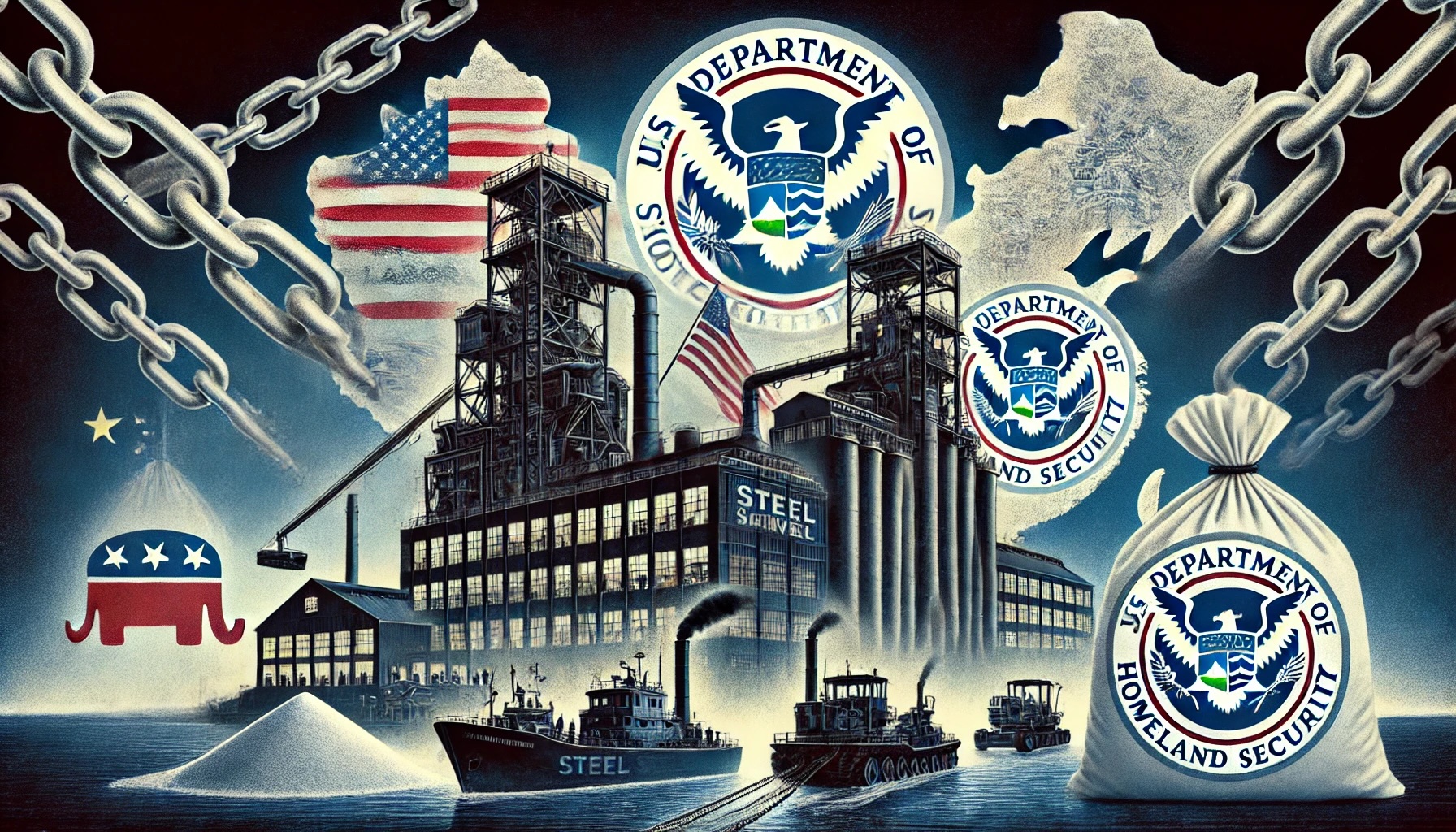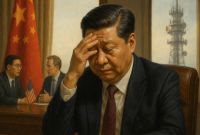China Tightens Grip on Critical Minerals, Escalating US-China Chip Battle

The US-China rivalry over semiconductor dominance has intensified, with Beijing implementing fresh export restrictions and leveraging control over State-Owned Enterprises (SOEs) to restrict foreign access to critical minerals. These new constraints, effective from October 1, 2024, are exacerbating supply chain challenges, particularly for Western semiconductor manufacturers dependent on China’s rare earth minerals.
China, which dominates the global supply of rare minerals, has started requiring detailed tracking of shipments, granting authorities oversight of foreign buyers. It also extended state ownership in the sector by acquiring the last two foreign-operated rare earth refineries. Neo Performance Metals, a Canadian firm that produced nearly all of the world’s ultrapure dysprosium, announced the sale of its Wuxi refinery to China’s Shenghe Resources, further consolidating China’s control.
Rare earth minerals such as dysprosium, essential for semiconductors and defense applications, are critical for advanced technologies like Artificial Intelligence (AI). Nvidia and other tech companies rely on ultrapure dysprosium capacitors to power their chips. China’s influence extends beyond semiconductors; rare minerals are also crucial for military equipment, electric car motors, wind turbines, and camera lenses.
In addition to the new restrictions, China has tightened secrecy around the mining of rare earths, categorizing information about their production as state secrets. This month, two industry managers were sentenced to prison for leaking production details, further underscoring Beijing’s intent to control global supply chains.
China's recent export controls also target strategic elements such as antimony, gallium, and germanium, crucial for semiconductor manufacturing and military technologies. These measures highlight China's ability to "turn off the tap" at will, raising significant security concerns for the US and its allies.
Western countries are accelerating efforts to diversify their supply chains but face significant challenges in competing with China. The only US rare earth mine, Mountain Pass in California, has limited dysprosium concentrations, making production costly and complex. Other international initiatives, such as Solvay’s operations in France and Lynas’ planned refinery in Malaysia, are still years from achieving scale.
China's advantage lies not only in its reserves but also in its advanced chemical processes and a well-trained workforce, with 39 universities dedicated to rare earth industries. Beijing's control over this essential supply chain is not merely about resources but a strategic maneuver to ensure global reliance on China.
The US and allied nations are wary of the geopolitical risks posed by China’s mineral monopoly. During the Covid pandemic and as recently as 2010, China leveraged its control over rare earth supplies for political influence, demonstrating the strategic importance of these materials. The International Energy Agency warns that by 2040, clean energy industries will require seven times the rare earth materials they did in 2020, increasing the urgency to secure alternative supply sources.
China’s latest moves to control critical minerals underline its ambition to dominate supply chains for advanced technology. As the geopolitical struggle for technological supremacy intensifies, the ability of the US and its allies to mitigate these supply chain risks will play a decisive role in future developments. While efforts to diversify are underway, it will take time and investment to reduce dependency on Chinese-controlled resources, leaving the global semiconductor and technology sectors exposed in the interim.




![From Kathmandu to the World: How Excel Students Are Winning Big [Admission Open]](https://nepalaaja.com/img/70194/medium/excel-college-info-eng-nep-2342.jpg)
